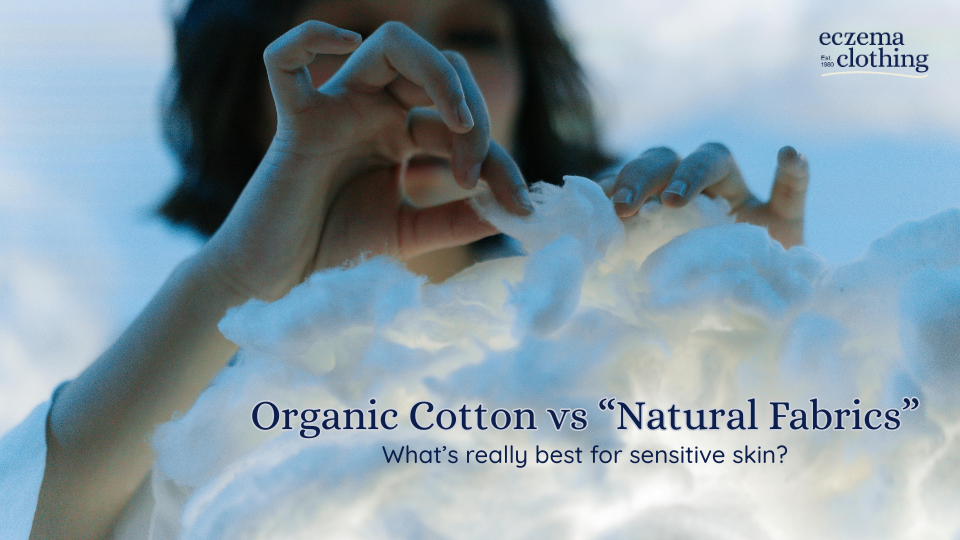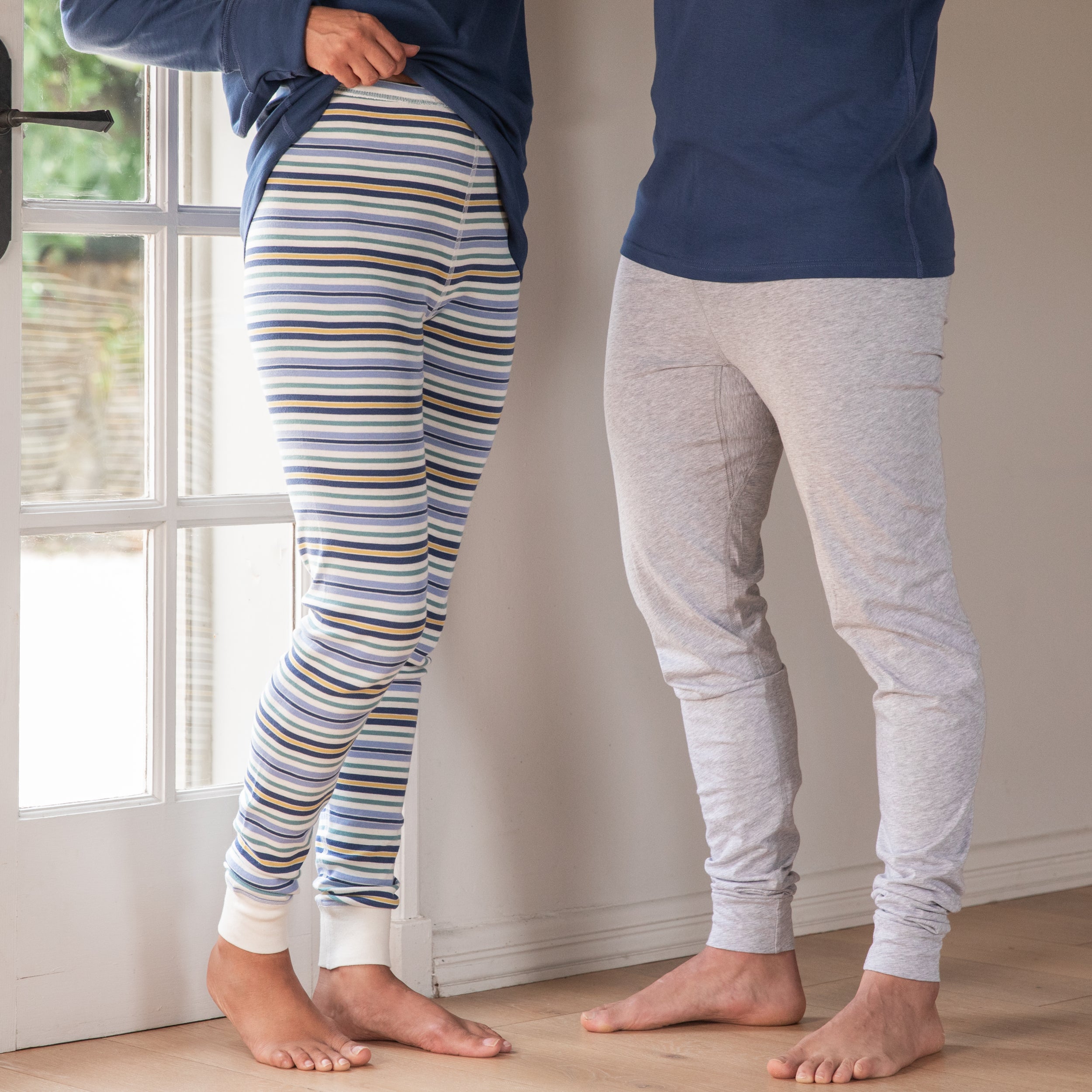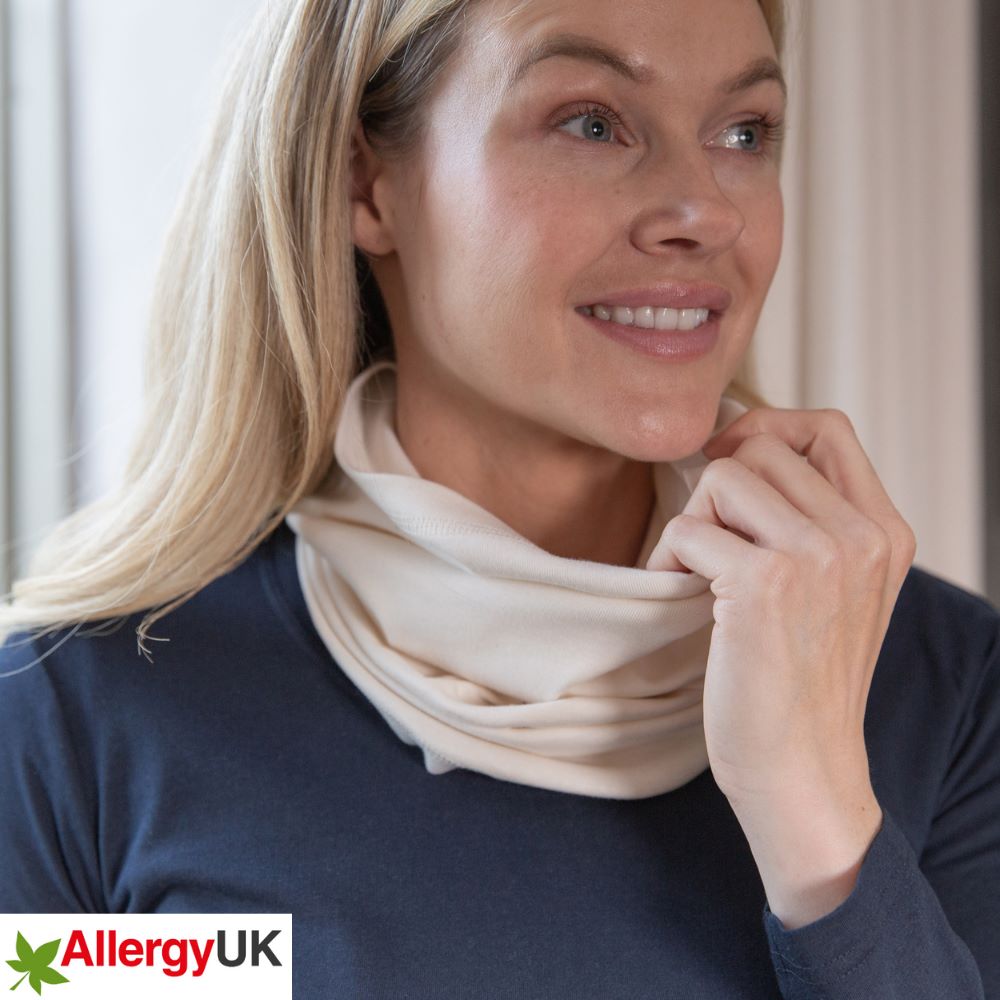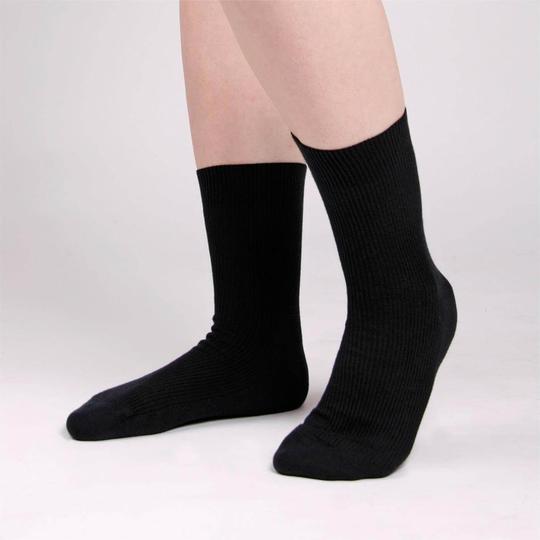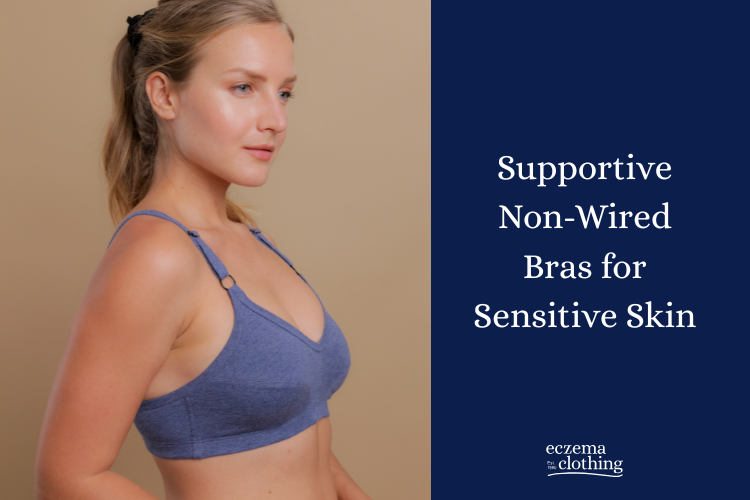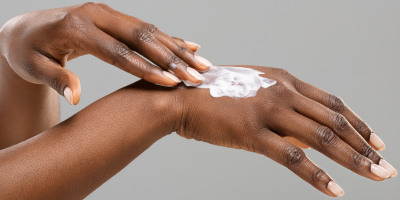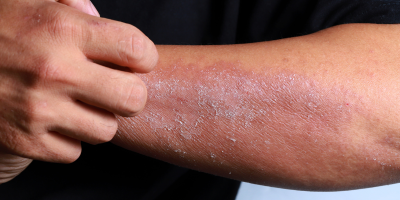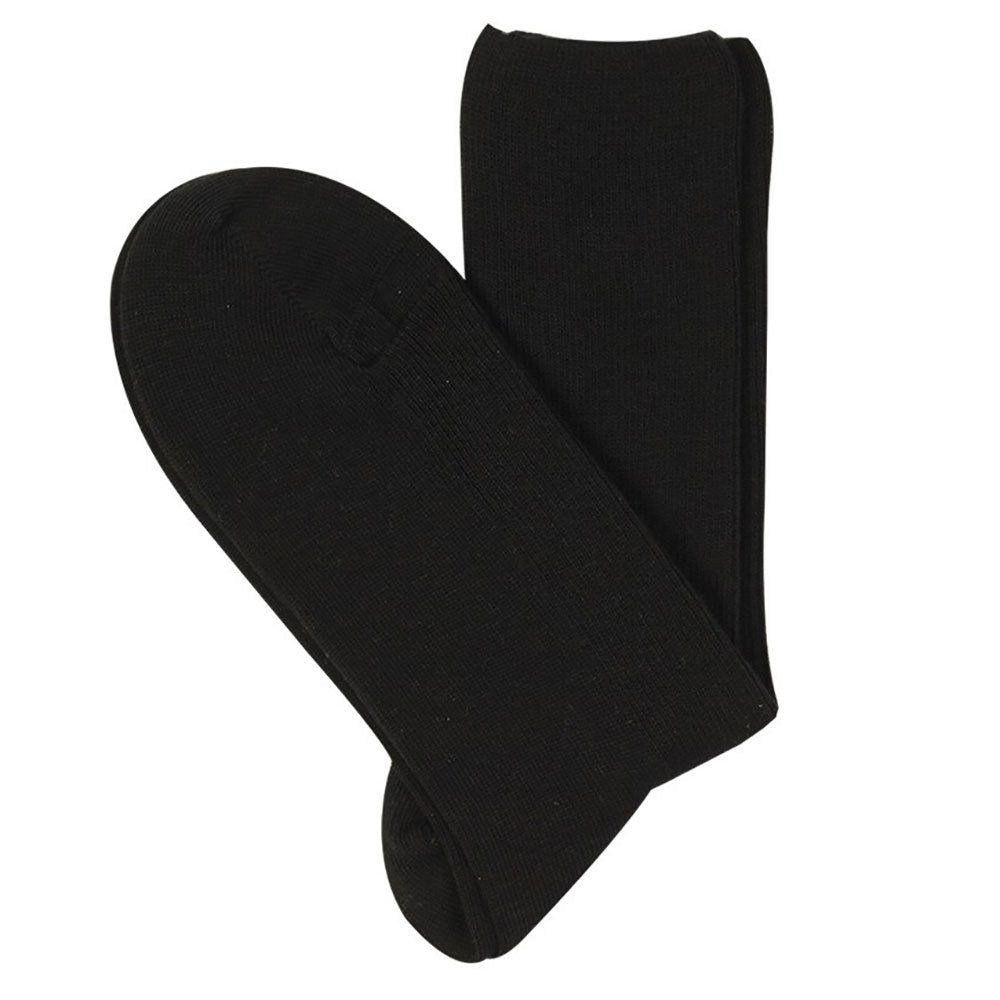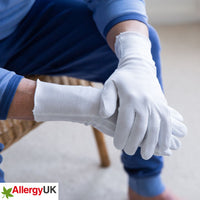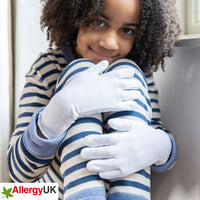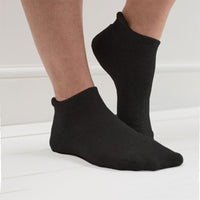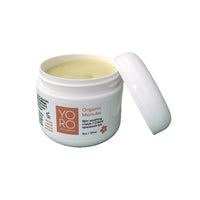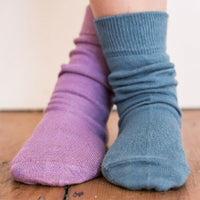As Organic September rolls around, you’ll see lots of brands shouting about “natural” fabrics and “eco-friendly” fibres. But what do these labels really mean - especially when it comes to sensitive skin and eczema? At Eczema Clothing, we think it’s time to look past the greenwashing and get to the facts. Because not all natural fabrics are created equal and when your skin is easily irritated, the difference matters.
Natural ≠ Organic (and why that matters)
First things first: the word natural isn’t regulated. A fibre can come from a plant and still be processed with harsh chemicals. Many so-called “natural” fabrics are grown with pesticides, dyed with irritating substances, or chemically softened for that “silky” feel. That’s not what your skin needs.
Certified organic fabrics, on the other hand, have to meet strict environmental and health standards at every stage, from farm to final product. That includes:
-
No synthetic pesticides or fertilisers
-
No toxic dyes or chemical softeners
-
Full traceability of materials and manufacturing
For people with eczema, allergies or sensitive skin, that kind of transparency and care isn’t a luxury, it’s essential.
Bamboo: Natural but not always kind to skin
Bamboo is often marketed as a miracle fabric: sustainable, breathable, antibacterial. But here’s the catch - it’s rarely what it seems.
Most “bamboo” clothing is actually viscose made from bamboo pulp. To turn tough bamboo stalks into soft fibres, manufacturers use powerful solvents like sodium hydroxide and carbon disulphide, both of which are hazardous to human health and can leave residues in the final fabric.
Yes, bamboo can be soft. But for highly reactive skin, the chemical processing behind it may do more harm than good. Add to that the heavy water usage and emissions from some bamboo mills, and it’s clear that “natural” doesn’t always mean “better.”
Silk: Luxurious, but high maintenance
Silk is another natural fibre that gets a glowing reputation, especially for babies and bedding. And while it’s undeniably gentle and smooth, it has some drawbacks when it comes to eczema care:
-
It can’t be washed at high temperatures (making it harder to remove allergens, mould or sweat build-up)
-
It’s delicate to handle and prone to damage
-
It doesn’t always breathe as well as cotton, especially in warm or humid conditions
Silk may work for some, but it’s not a practical everyday option for most people with eczema.
What about odour and sweat?
Here’s something many brands forget to mention: sweat matters. People with eczema often have to layer clothing or wear protective garments for longer periods, so fabrics that trap odours can quickly become a problem.
Synthetic fibres (like polyester or nylon) may feel smooth at first, but they hold onto sweat and bacteria. The result? Unpleasant smells that won’t wash out easily. Even some bamboo blends can struggle here, depending on the processing. Silk, being delicate, can also absorb odours over time and isn’t suitable for hot washes.
Organic cotton, on the other hand, breathes naturally, wicks moisture away from the skin, and can be washed at 60°C, removing allergens, sweat and bacteria without damaging the fibres. That’s a win for skin and your laundry basket.

Why we love organic cotton (and your skin does too)
Organic cotton is our hero fabric. Here’s why:
-
It’s naturally breathable, helping skin regulate its temperature
-
It’s washable at 60°C, removing sweat, dust mites and allergens
-
It’s soft and non-irritating, especially when woven into flat, seam-free designs
-
It avoids chemical residues, which are common eczema triggers
-
It’s long-lasting, gentle on skin, but tough enough for everyday use
So what should you look for?
When choosing clothes or bedding for eczema-prone skin, we recommend looking for:
-
Certified organic cotton – not just “natural” or “eco” labels
-
Minimal or no dyes, especially for next-to-skin layers
-
High washability, ideally at 60°C
-
Simple, breathable designs, with no scratchy seams or labels
Eczema Clothing’s own brand garments meet these standards, and you can find them here - because that’s what we wish we’d had when our families were navigating eczema flare-ups. This isn’t about trends; it’s about making skin-friendly clothing that really works.

